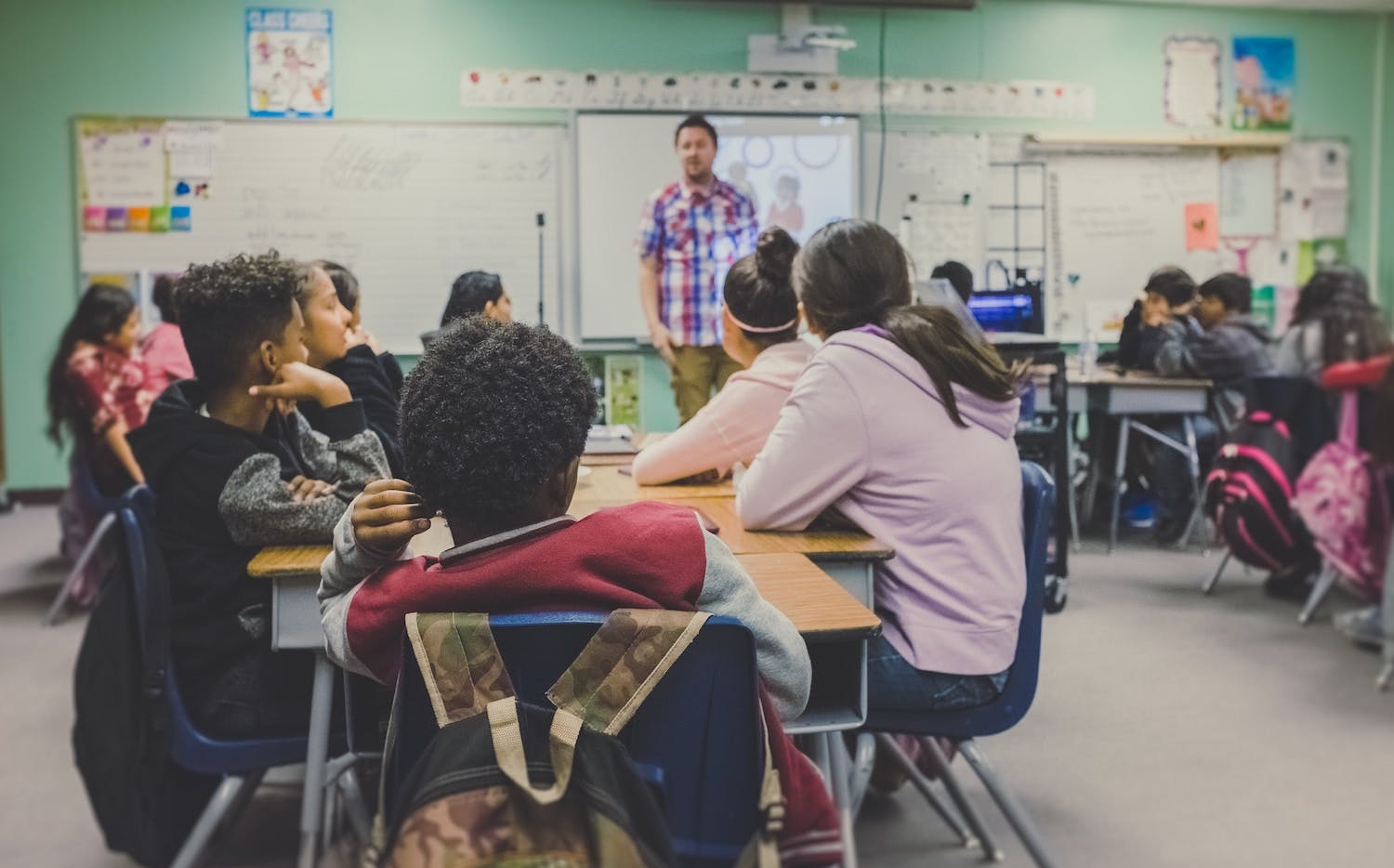
The HPV vaccine which protects against certain cancers is already offered to girls aged 12 to 13, but will now also be offered to boys of the same age
HPV (human papilloma virus) is the term used for a large group of viruses, which can be transmitted through any kind of sexual contact with another person already affected.
While medical professionals say that typically, most HPV infections will go away by themselves, they are highly contagious and incredibly common. In some cases, the infection can lead to a number of serious problems.
Known to most as the jab that helps to prevent the cause of cervical cancer, experts and campaigners have been calling for the vaccine to be offered to boys of the same age, as it can also protect against oral, throat and genital cancers.
Great evening of interviews on @BBCNewsbeat and @BBC5Live for @NOMANcampaign discussing the government's announcement that boys will now also receive the #HPV vaccine, following 5 years of campaigning. What an incredible achievement! #HPVvaccine #JabsForTheBoys pic.twitter.com/UOQDc7fIfx
— 4mediarelations (@4mediarelations) July 25, 2018
The vaccine has been offered to girls aged 12 to 13 since 2008 as part of the NHS childhood vaccination programme, and is free up until they turn 18. Said to be enforced by 2019/20, thousands of boys in secondary school will be expected to be vaccinated under the programme, same as their female peers.
On the news, Dr Mary Ramsay, Head of Immunisations at Public Health England said, “This extended programme offers us the opportunity to make HPV related diseases a thing of the past and build on the success of the girls’ programme, which has already reduced the prevalence of HPV 16 and 18, the main cancer-causing types, by over 80%.
“We can now be even more confident that we will reduce cervical and other cancers in both men and women in the future.”
Shirley Cramer CBE, Chief Executive at the Royal Society for Public Health said, “It is imperative that the gender-neutral programme is implemented by September 2019 to ensure as many people as possible reap the benefits.”
The policy decision brings England into line with Scotland and Wales. While in Northern Ireland, girls aged 12 to 13 are eligible for the vaccine, there is yet to be a decision for whether it will be made available to boys also.
Minister for Health, Simon Harris, has welcomed the news made by The Health Information and Quality Authority (HIQA) that a consultation process was starting, exploring the clinical and cost-effectiveness of offering the vaccine to boys in Ireland, as well as girls.
Dr Mairin Ryan, HIQA Directory of Health Technology Assessment and Deputy Chief Executive said, “Extending the current girls-only HPV immunisation programme to include boys would reduce HPV-related disease in males and females in Ireland, improving patient-related outcomes and reducing mortality from HPV-related cancers.
“HIQA wants to hear the views of the Irish public on this draft report before it is finalised. Following this, a final report will be prepared for consideration by the HIQA Board, before final recommendations are made to the Minister for Health.”

